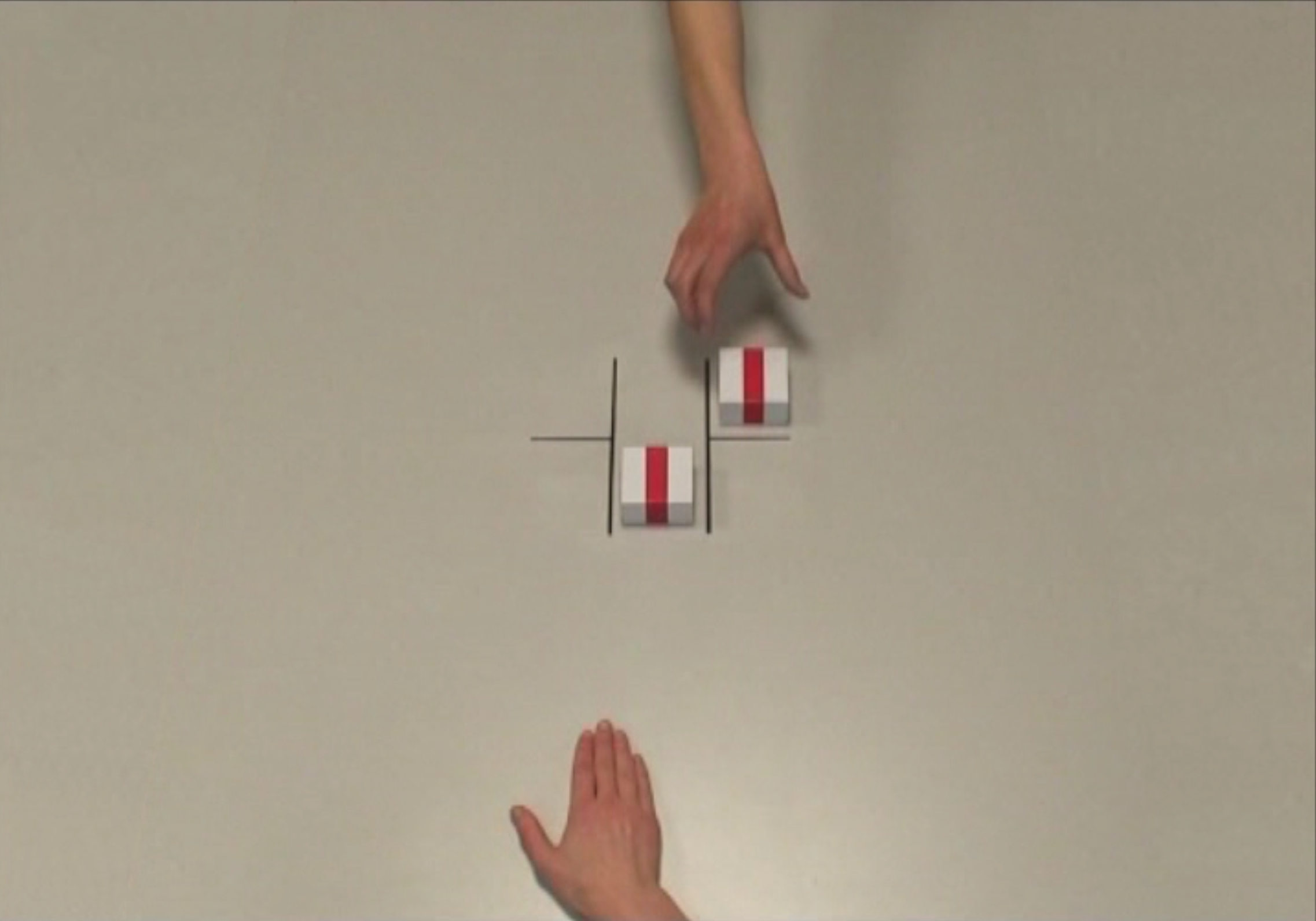Valérian CHAMBON
Former Fyssen 2009 – 2010 & Research Grant holder 2014
Article publié dans Cognition 160 (2017) 17–26
Abstract: “An extensive amount of evidence has documented a diminished ability to predict and understand other people’s action in individuals with autism spectrum disorders (ASD). Recently, two theoretical accounts, the ‘‘Hypo-priors” and the ‘‘Aberrant precision” hypotheses, have suggested that attenuated Bayesian priors or an imbalance of the precision ascribed to sensory evidence relative to prior expectations may be responsible for the atypical perceptual experience and difficulties with action understanding in ASD. In the present study, we aimed to directly investigate whether difficulties in the appreciation of others’ intentions can be accounted for by abnormal interaction between these two types of information: (i) the sensory evidence conveyed by movement kinematics, and (ii) the observer’s expectations, acquired from past experience or derived from prior knowledge. To test this hypothesis, we contrasted the ability to infer Non-Social and Social intentions in adults with and without ASD, using a series of tasks in which both sensory evidence and prior expectations were manipulated.“
Après un post-doc effectué à l’Institute of Cognitive Neuroscience (UCL, Londres), puis au Laboratoire de Neurosciences Cognitives (INSERM, Paris), Valérian Chambon a été Chercheur associé au Département des neurosciences fondamentales de l’Université de Genève. Il est aujourd’hui Chargé de Recherche au CNRS, à l’Institut Jean Nicod (ENS, Paris). Son travail a pour objet l’étude et la modélisation des fonctions cognitives supérieures, en particulier dans les domaines de l’action et de la prise de décision, et vise à une meilleure compréhension des atteintes de ces fonctions supérieures dans les troubles psychiatriques de l’adulte (schizophrénie, syndrome d’Asperger). Ses recherches associent plusieurs disciplines (philosophie de l’esprit, psychologie expérimentale, neurosciences computationnelles, psychopathologie cognitive) et des outils de recherche variés (psychophysique, neuroimagerie, modélisation).
Publications
. What Are They Up To? The Role of Sensory Evidence and Prior Knowledge in Action Understanding.
